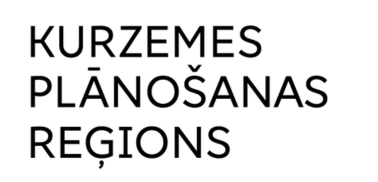On November 9, the Pan-Baltic hiking conference was held to celebrate the success of the Baltic Trails (baltictrails.eu) connecting Estonia, Latvia and Lithuania with the European network of hiking paths as part of the routes E9 (Baltic Coastal Hiking) and E11 (Baltic Forest trail).
The conference brought together stakeholders sharing experiences in planning, implementation, management and maintenance of long distance cross-border hiking trails. The keynote speeches presented experiences from the Latvia, Lithuania, Estonia, Sweden and Norway. Presentations were followed by Baltic panel discussions highlighting challenges and solutions in practical aspects such as local acceptance and support, benefits and sustainability of long distance hiking trails.
Although the Pan-Baltic conference was planned as a two-day face-to-face event, with a hike “Snēpele – Kuldīga” on the second day. Due to Covid pandemic restrictions, it had to be moved to a one-day online event. However, even in this format, the conference topic attracted the interest of more than 250 participants who responded to the call and pre-registered, as well about 4,000 more people who viewed it online on Facebook and as recorded video after the conference. The recording can also be viewed at Facebook platform. Full conference programme, info about speakers and have access to add comments in the Miro platform.
The Conference is organized with the financial assistance of the Interreg V-A Latvia – Lithuania Cross Border Cooperation Programme 2014 – 2020 as part of the Project “Development of Forest trail In Latvia and Lithuania and expanding the Baltic Coastal Hiking route in Lithuania” (Hiking Project), LLI-448. Total projects size is 788 104,45 EUR. Out of them co-funding of European Regional Development Fund is 669 888,76 EUR.
Information provided by:
Aija Neilande
Project coordinator
Ph. +371 26147139
aija.neilande@kurzemesregions.lv
This publication has been produced with the financial assistance of the European Union. The contents of this publication are the sole responsibility of Kurzeme Planning region and can under no circumstances be regarded as reflecting the position of the European Union.




